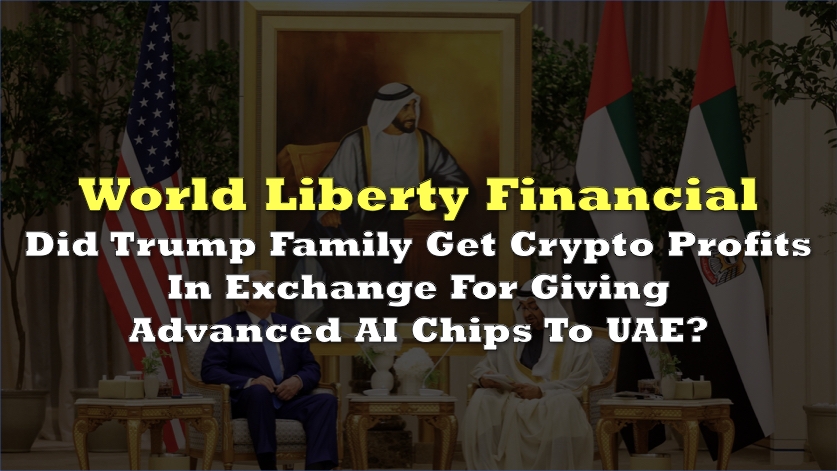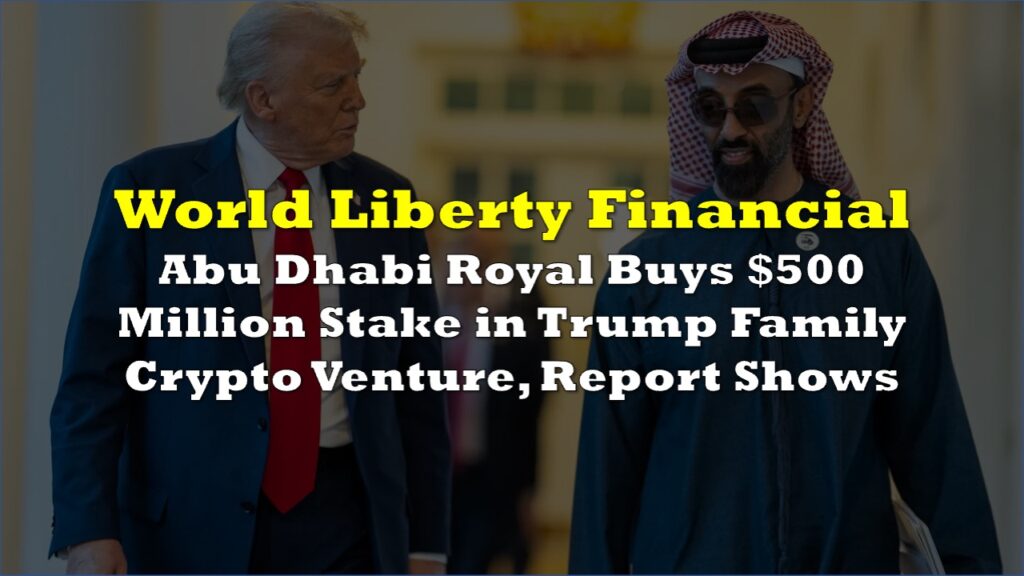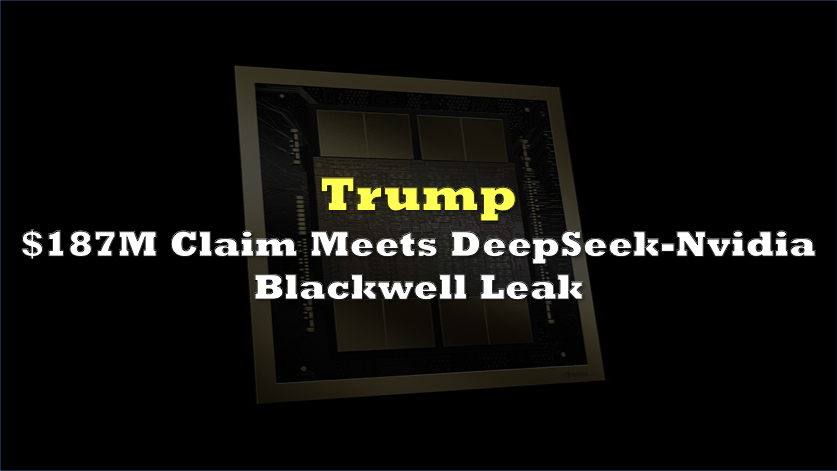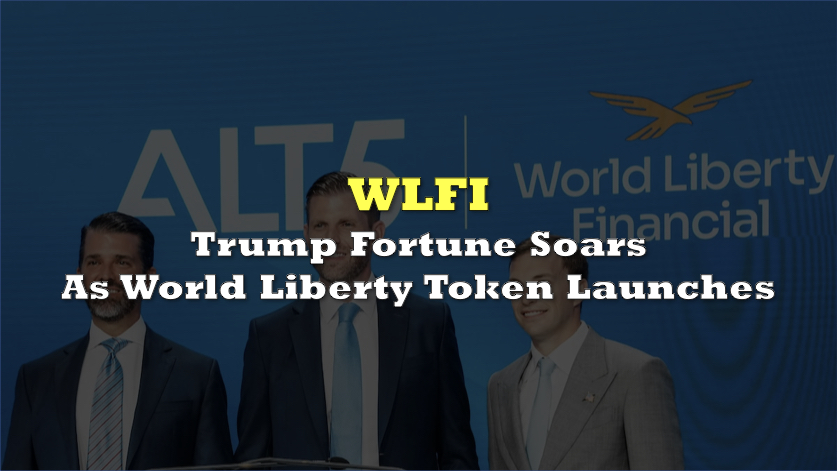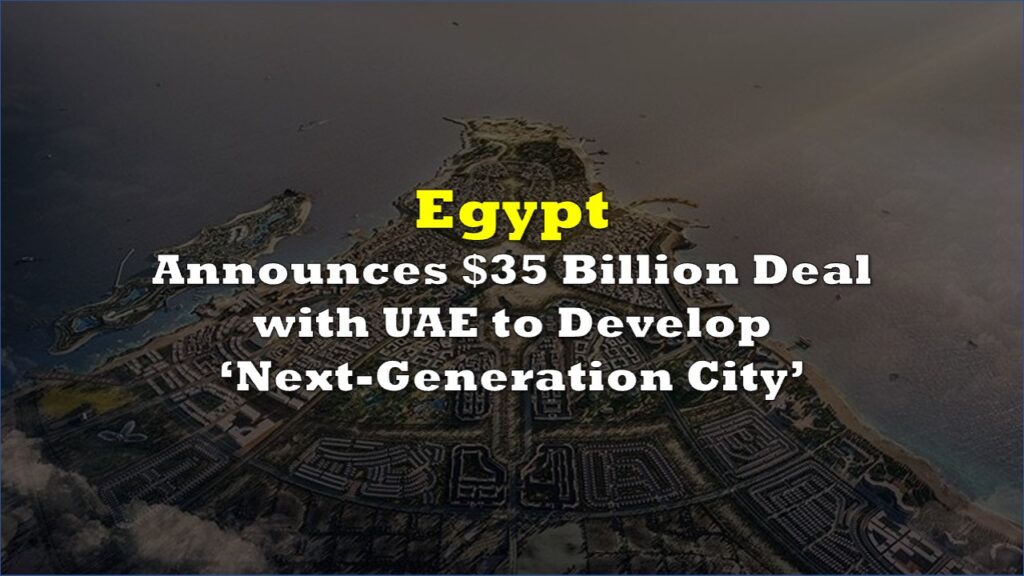World Liberty Financial, a crypto venture founded by the Trump and Witkoff families, announced a $2 billion deposit in May, and two weeks later the White House agreed to give the United Arab Emirates access to hundreds of thousands of advanced AI chips. While seemingly not connected, these parallel moves, when taken together, “blurred the lines between personal and government business,” according to an investigation by The New York Times.
The $2 billion commitment allegedly came from an investment firm tied to Sheikh Tahnoon bin Zayed Al Nahyan, who oversees roughly $1.5 trillion of Emirati sovereign wealth. Per the report, the money would sit as reserves for USD1, World Liberty’s new stablecoin, creating a float that could yield tens of millions of dollars annually for the issuer.
In that same period, the administration reportedly advanced a chips agreement that would exponentially increase the UAE’s supply of leading-edge processors designed by Nvidia and fabricated by Taiwan Semiconductor Manufacturing Co.
A May proposal boosted projected shipments from roughly 100,000 chips a year to 500,000 — with 20% earmarked for G42, the Emirati tech group controlled by Sheikh Tahnoon. This is reportedly in exchange for large Emirati investments in US industry over the coming decade.
Previous Biden-era arrangements had limited G42 to a modest, tightly controlled tranche via Microsoft.
If this is true, this is the largest public corruption scandal in the history of the United States and it's not even close. https://t.co/OCCBNAhBeC pic.twitter.com/JNajX6yOE5
— Ryan Cummings (@weakinstrument) September 15, 2025
Crypto for chips?
Steve Witkoff, then serving as the president’s Middle East envoy, allegedly “advocated to give the Emirates access to the chips” while his family’s and the Trumps’ company was landing the crypto investment despite an ethics rule meant to bar officials from matters that could benefit themselves or relatives.
World Liberty said in May that Witkoff would divest. But a disclosure released Saturday showed he still held a financial interest as of August, with the White House saying he is “still in the process of divesting.”
The report describes a direct personnel link between the Emirati chip push and the Trump-Witkoff crypto vehicle: Fiacc Larkin, G42’s head of crypto, simultaneously served as “chief strategic adviser” to World Liberty beginning in January. During the May Token2049 conference in Dubai, Zach Witkoff unveiled that MGX — a firm G42 helped establish and chaired by Sheikh Tahnoon — would use USD1 to complete a $2 billion investment in Binance, handing World Liberty a $2 billion deposit base to invest.
Binance’s founder Changpeng Zhao pleaded guilty to money-laundering violations in 2023 and has applied for a presidential pardon.
David Feith, then-NSC senior director for technology, pushed an “America First” plan to tighten access to the most advanced chips for at least a year. In early April, he and five colleagues were reportedly fired after a brief meeting with activist Laura Loomer, who later said her opposition “did not pertain to the chips negotiations.”
This seems wildly corrupt/a Monday in Trumpworld. https://t.co/Yz4L1IiUXh pic.twitter.com/603sSFEVsQ
— Matthew Gertz (@MattGertz) September 15, 2025
David Sacks, a venture capitalist appointed AI and crypto czar, became a key negotiator after April. On March 31, the White House counsel reportedly granted him an ethics waiver, noting his personal AI holdings were less than 2% of his portfolio and Craft Ventures’ AI positions were less than 1%, with divestments to be completed by end-June. The administration says he had “no financial interest in the UAE chip deal.”
The Times says Sacks received the waiver while Craft Ventures counted Abu Dhabi Investment Authority (overseen by Sheikh Tahnoon) and Saudi Arabia’s Public Investment Fund among early investors. Until at least March, Sacks also held a stock fund with TSMC, Amazon, and Meta Platforms.
Sacks previously argued that, with safeguards, Middle East sales should be “effectively unlimited,” and that the US must choose whether these countries are the “piggy bank for American AI or for Chinese AI.” He also appeared at World Liberty’s March crypto event alongside President Donald Trump and industry leaders.
The timings are at best raising suspicions. In mid-March, Sheikh Tahnoon met tech leaders including Amazon’s Jeff Bezos and Microsoft’s Satya Nadella near Washington, then dined with Trump, Vice President JD Vance, cabinet officials, and Steve Witkoff.
In May, during a Middle East tour, Trump announced the chips framework at Qasr Al Watan alongside Sheikh Tahnoon. He praised the UAE leadership as “a man of vision like few others,” and called Tahnoon the president’s “wonderful brother.”
Weeks later, many principals like Sacks, the Witkoffs, Nvidia’s Jensen Huang, and the Emirati ambassador reportedly gathered again at the Georgetown private club Executive Branch, which Donald Trump Jr. allegedly helped open.
The White House and World Liberty deny any linkage between the crypto transaction and chip policy, calling the stablecoin deal “totally unrelated to any government business.” G42 said it is “grounded in integrity” with safeguards and auditing to prevent US technology from reaching “the wrong hands.”
Information for this story was found via The New York Times and the sources and companies mentioned. The author has no securities or affiliations related to the organizations discussed. Not a recommendation to buy or sell. Always do additional research and consult a professional before purchasing a security. The author holds no licenses.

